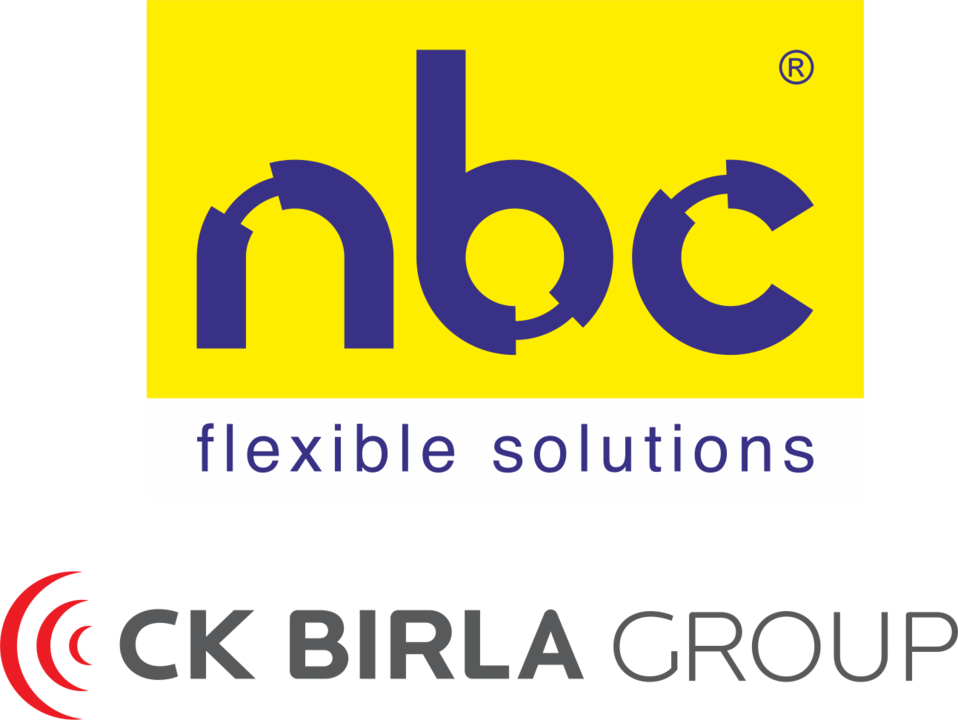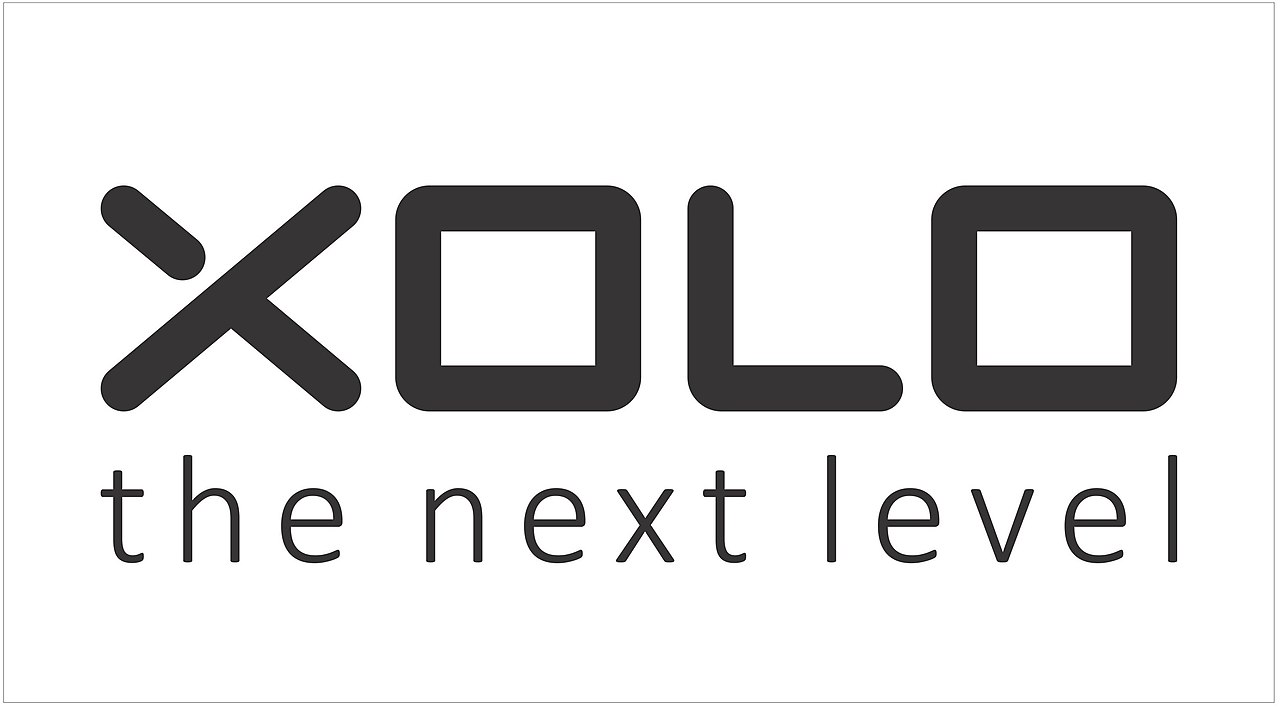
About Our Company
Empower your business growth in Germany with our expert assistance and support.
At Certease, certification made easy and guaranteed. The certification solutions offered by our experts make sure that your firm gets the true business benefits rather than just certified and educate our customers to witness Continual improvement of their business.
- Expertise and Experience
- Proven Track Record
- Tailored Solutions
- World Wide Reach












